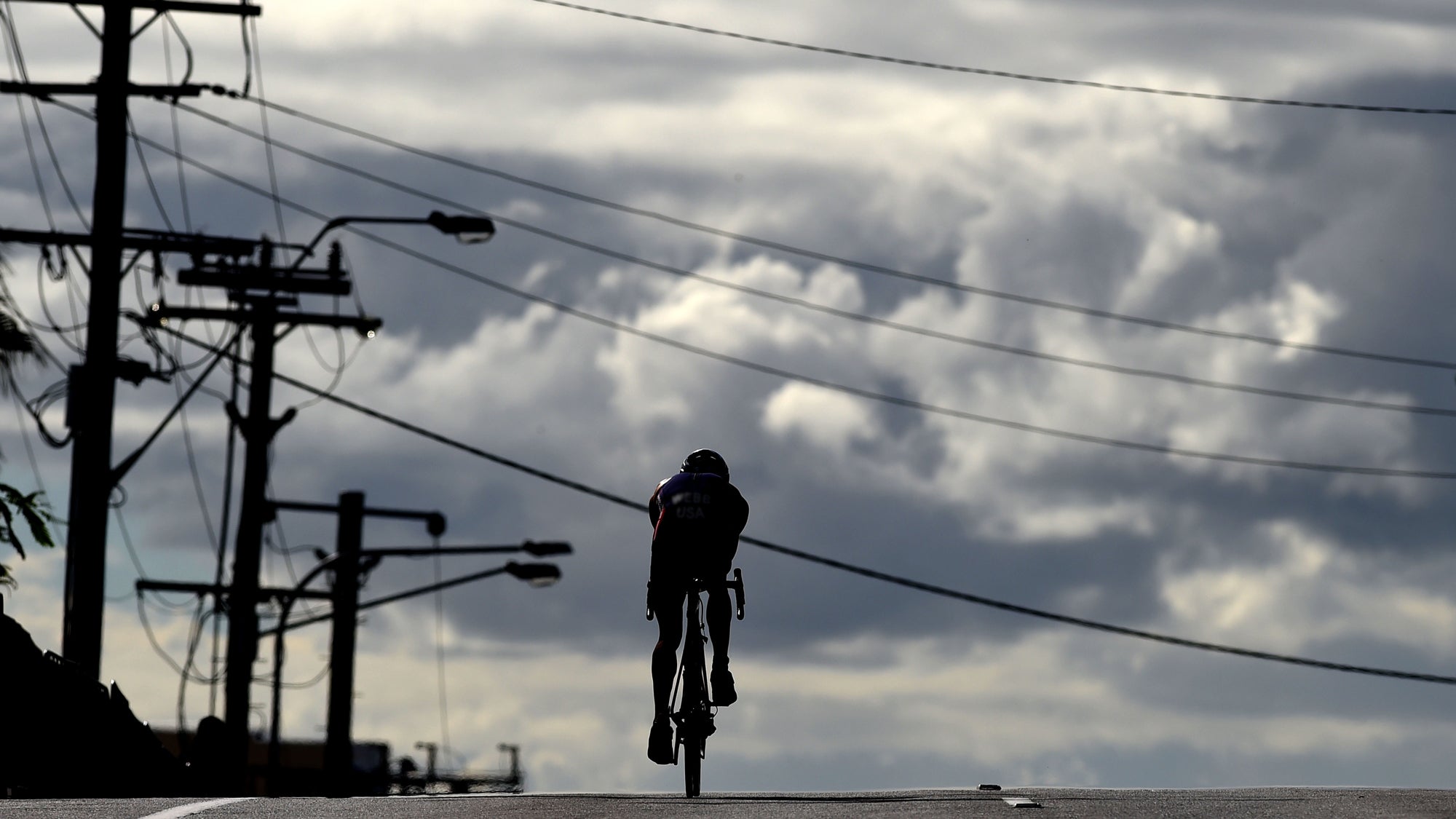6 Things Triathlon Coaches Secretly Hate

Photo: Delly Carr/Triathlon.org
We all have the fear that our coaches are secretly talking about us, that in quiet they actually hate how we fill out (or don’t fill out) our training logs. What if we’re doing everything wrong as athletes?! What are the things that triathlon coaches secretly hate?
To find out what our coaches really think, we talked to six elite coaches off the record. From Olympians to large amateur groups, triathlons to marathons, these experienced coaches cover the range of abilities—but they shared some common pet peeves.
We asked them anonymously: What are the things your athletes do that are annoying, frustrating, or just plain terrible? Here’s what they had to say.
Trying to Make Every Workout the Best Workout Ever
“Overshooting prescribed intensities for interval workouts. Not all sessions are meant to be best effort. When athletes do this, it’s hard to scold them because they had a good session. However, it adds unintended stress to the session and typically results in a weaker than prescribed session later in the week. They are then disappointed, but forget they over did it earlier in the week!”
“Always pin their power or speed at the top of the training zone, no matter how they are feeling. It is a range for a reason and the top of the zone is for the rare special days. Most days are average days, so they should be in the middle most of the time.”
“Trying to ‘beat’ the workout—i.e. running faster than the target pace, doing more reps than what I’ve planned for you, or running more miles than prescribed, in an effort to prove something to someone. Training is not where you prove your fitness, it’s where you improve it.”
“Not running recovery runs slow enough. These runs should be 1:30-2:00 min/mile slower (at least) than an athlete’s aerobic long runs. This allows a more complete recovery and helps create better quality workouts later in the week. It also helps athletes avoid injury.”
Communicating Badly—Or Not At All
“Not logging workouts the day they happen! When done correctly, this allows coaches to give real-time feedback and adjust subsequent sessions based upon how they feel and perform.”
“Just uploading files without providing any written comments or context to the numbers. Coaching is more than a training plan to be ticked off. Help me help you!”
“Not telling me when they’re getting sick or when they first feel a niggle coming on, because they don’t want me to change their upcoming workouts to accommodate. So Type A and always ends up costing us a bunch of recovery time.”
Communicating Too Much!
“Logging training notes that are *way* too long and have nothing to do with training.”
“Emailing or texting me after 8 p.m. expecting an answer that night.”
Using and Abusing Social Media
“Posting all the details of all their workouts publicly — um, that is how I make my living.”
“Sharing the whole training plan with their spouse or friends. Fine for the occasional Saturday ride to have company of course, but not every single workout, especially if they aren’t even joining you.”
“Telling me about how your race went and then telling a completely different story to your followers on social media.”
“Making workouts/runs private on Strava in hopes I won’t see them, but they still sync to our online training log. Busted!”
Not Following the Plan Anyway—What Are You Paying For?
“Disregarding a planned workout to join a club or their running group for a random workout without telling me first. There’s always flexibility to run a different workout or to modify a workout so you can run with a group. But without that communication, the coach is left in the dark.”
“Doing ‘research’ by asking anyone with an ear what food they should eat or what kind of interval training they should be doing. Those people are the worst and ultimately rarely prevail in races.”
Not Having Fun!
“Attaching self-worth to how individual workouts go on a particular day. Good or bad.”
“How negative people are just in general. That always makes me scratch my head. This is supposed to be fun people! You’ll get past this “x” and carry on. It’s not life or death here.”
—
And here’s one that shouldn’t just drive coaches crazy, but should raise a lot of concerns for everyone: “Taking doctor-prescribed testosterone and trying to justify it in any way while still competing. Dude, you’re just getting old. Do it with some grace or step off the field!”